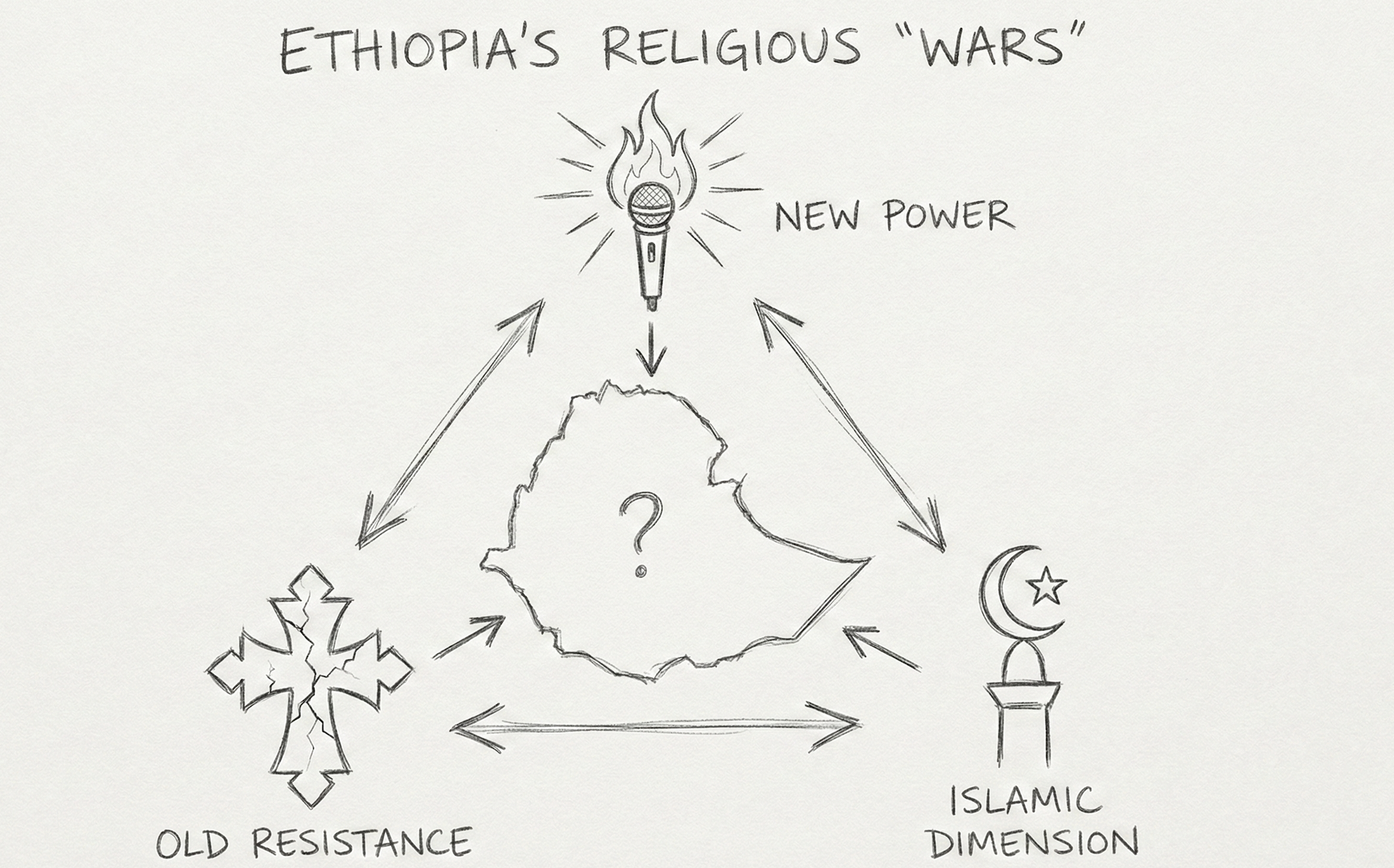.jpeg)
Let us guide you through the Middle East with curated links: insightful analyses and forecasts from top sources on regional complexities.
.jpeg)
Africanews.com: Egypt Raises Fuel Prices Amid Depreciation of Local Currency
Egypt raised fuel prices due to higher energy import costs caused by currency depreciation and global price surges. Diesel increased from 8.5 to 10 Egyptian pounds per liter, and 95 octane gasoline rose to 13.5 pounds per liter. These adjustments, along with higher butane gas cylinder costs, will likely exacerbate inflation and strain consumer purchasing power. Economic challenges, including austerity measures, the pandemic, and Suez Canal disruptions, have led the IMF to conditionally offer increased loans to Egypt.
.jpeg)
Aljazeera.com: Border Crossing Between Libya and Tunisia Shut Down After Conflict
Tunisia and Libya have closed the Ras Jedir border crossing following armed clashes, impacting both trade and travel. This underscores the persistent security challenges in Libya since the 2011 uprising.
.jpeg)
Iranwire.com: Iran's Central Bank Sounds Alarm as Rial Declines in Currency Crisis
Iran's Central Bank President, Mohammad Reza Farzin, warns of the Rial's instability, urging immediate action to protect its value. He notes the increasing use of alternative currencies in transactions and calls for legal intervention, marking a departure from past denials. Economic instability and high inflation rates have eroded trust in the Rial, prompting businesses to seek alternatives. Policy measures, like importing gold bullion, face challenges such as smuggling. Farzin's enforcement-focused approach reflects broader governance trends in Iran.
.png)







